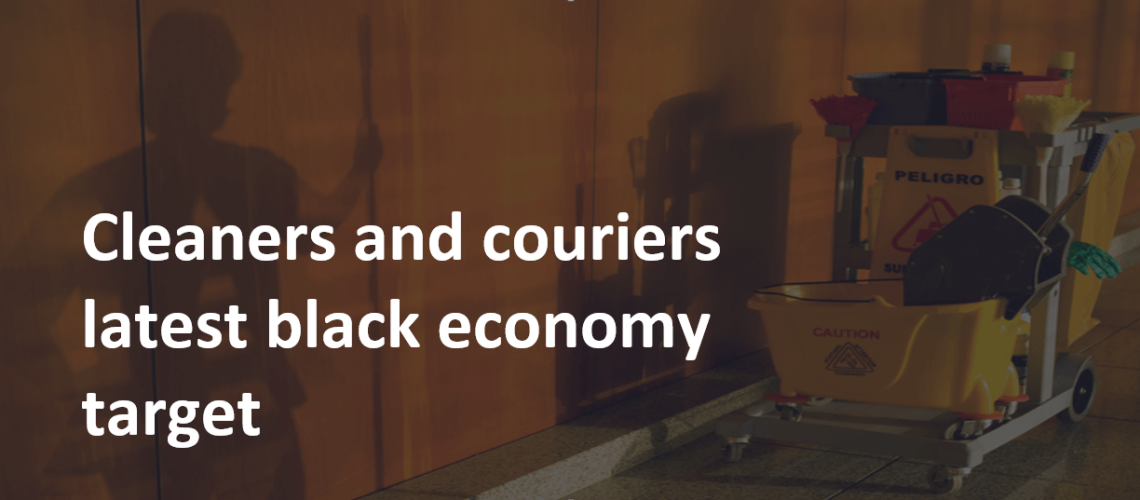
The detail of the Government’s crackdown on cleaning and courier companies was revealed late last month.
From 1 July 2018, the taxable payments reporting system will extend beyond the building industry to cleaning and courier businesses. This means that these businesses will need to report payments they make to contractors (individual and total for the year) to the ATO. By ‘payment’ the ATO means any form of consideration including non-cash benefits and constructive payments.
The building industry has had this form of “enhanced reporting” since 2012-13. The result was an additional $2.3 billion in income tax and GST liabilities collected through voluntary reporting in the first year alone.
What is a cleaning and courier service?
The terms ‘cleaning service’ and ‘courier service’ take their ordinary meaning.
Courier services include activities where items or goods are collected from, and/or delivered to, any place in Australia using a variety of methods including by truck, car, station wagon, van, ute, motorcycle, motorised scooter, bicycle or other non-powered means of transport, or on foot. Freight services, blood and blood product couriers, and passenger transport are not affected.
A cleaning service is any service where a structure, vehicle, place, surface, machinery or equipment has been subject to a process in which dirt or similar material has been removed from it. This includes office cleaning, road sweeping or street cleaning, swimming pool cleaning, park and facilities cleaning, or cleaning for certain types of cultural or sporting events.
Mixed business that supply services including courier or cleaning services will also be affected.
What you need to do
The first annual report for affected cleaning and courier companies is due by 29 August 2019 for the 2018-19 year. The types of information reported to the ATO about contractors include:
- ABN (where known)
- Name
- Address
- Total paid to the contractor (including GST) for the financial year, and
- Total GST included in the gross amount that was paid.
If an invoice you receive from a contractor includes both labour and materials, whether itemised or combined, you will need to report the total amount of the payment.
If your business is likely to be affected by the new requirements and you currently do not have systems in place that allow you to readily access the information required by the ATO, it’s important to start your planning now.

